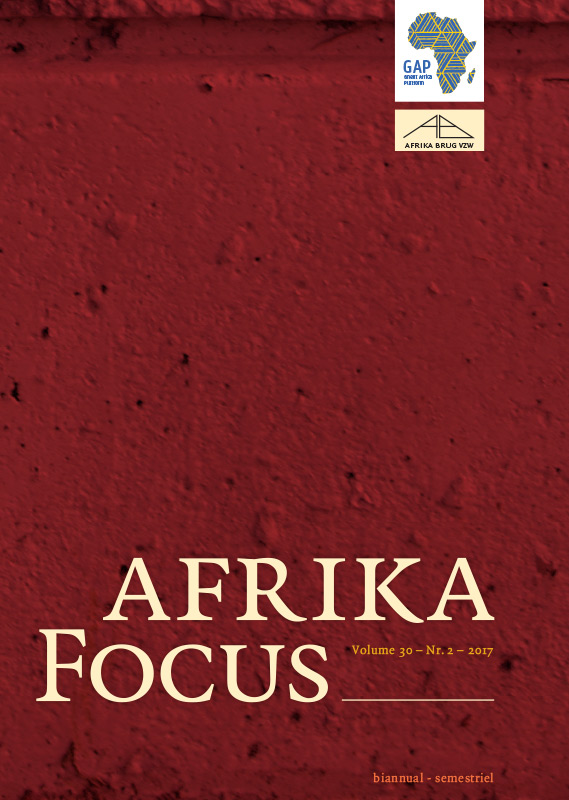Translating ritual into film – Notes on Paul Henley’s ‘spirit, possession, power, and the absent presence of Islam: re-viewing Les Maîtres Fous’
DOI:
https://doi.org/10.21825/af.v30i2.8068Abstract
In his 2006 article for the Journal of the Royal Anthropological Institute, ‘Spirit Possession, power, and the absent presence of Islam: re-viewing Les Maîtres Fous’ (Henley, 2006, pp 731-62), Paul Henley gives an in-depth analysis and re-examination of the seminal classic “Les Maîtres Fous” by the late French film director Jean Rouch. One of the most striking elements in the text is the rift Henley detects between what he calls ‘Rouch The Author’ and ‘Rouch The Film-Maker’. The article goes to great lengths in its analysis of possible new viewing angles for the anthropological material at hand, being the hauka – cult in Accra, West-Africa – as observed in the film. Henley has a clear view on all possible alternative interpretations and re-viewings of the film from an anthropological point of view, but seems to struggle when it comes to juxtaposing these with the reality of the film. He chooses to make a sharp division between the two sides of Jean Rouch (‘Author/Anthropologist’ and ‘Film-Maker’) without ever delving into the historiography of anthropological films at the time, nor the influence Rouch was under from directors such as Luc De Heusch and Alain Resnais. He also neglects to place Rouch’s work within the broader context of filmhistoric developments of the 1950’s. Henley’s paper does not attempt to address these questions and there is the clear choice of interpreting the work only from an anthropological point of view. This paper will address these gaps, offering a few possible explanations which address Rouch’s work as a director, a side that should complete the anthropological data in Henley’s paper. This text will provide a basic layout for understanding the cinematographic choices Rouch made, placing them in a larger framework and making a case for the interpretation of the film on its own terms and not only as an (seemingly) objective account of an anthropological study. Key words: Jean Rouch, Paul Henley, Luc de Heusch, anthropological film, self-reflexivityDownloads
Published
How to Cite
Issue
Section
License
Authors who publish with this journal agree to the following terms
Authors retain copyright and grant the journal right of first publication with the work simultaneously licensed under a Creative Commons Attribution License that allows others to share the work with an acknowledgement of the work's authorship and initial publication in this journal.
Authors are able to enter into separate, additional contractual arrangements for the non-exclusive distribution of the journal's published version of the work (e.g., post it to an institutional repository or publish it in a book), with an acknowledgement of its initial publication in this journal.
Authors are permitted and encouraged to post their work online (e.g., in institutional repositories or on their website) prior to and during the submission process, as it can lead to productive exchanges, as well as earlier and greater citation of published work (See The Effect of Open Access).


